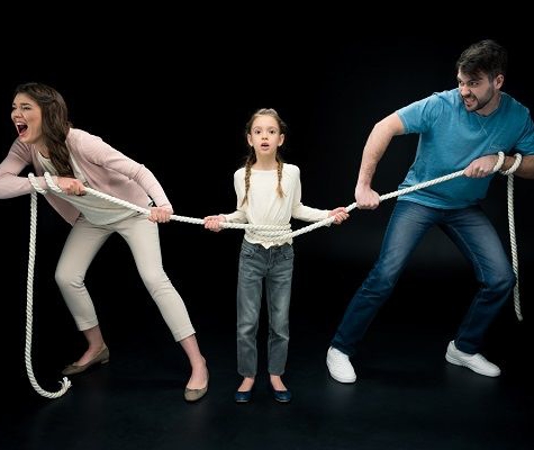Step-Parents and Divorce

Step-parents occupy a special and unique place for children. They are not the parent, but they are an essential part of day-to-day life. In the optimal situation, the step-parent creates a strong bond with the children, and loves the children as his or her own. Providing a larger support network and more people to help children grow and learn. Unfortunately, second marriages sometimes fail, just as first marriages or relationships also sometimes do. When a step-parent has forged a strong bond with the children from the marriage, it can be difficult for the whole family, as the step-parent will no longer have the daily contact with the children. If a biological parent is not amenable to allowing a step-parent continuing access to the children, the step-parent may want to explore what options he or she may have through the courts.
There is no statute in New Jersey that specifically provides that a step-parent may or may not file for visitation of his soon-to-be former stepchildren in a divorce. The central New Jersey case on this issue is Kipstein v. Zalewski. The court in that case found that there is neither an automatic bar nor an automatic right for a step-parent to obtain visitation of step-children. In that case, the step-father had only been married to the mother for a year. Following the separation, the step-father was able to maintain contact with the step-daughter until the mother got a new boyfriend. The mediator was concerned that the child may become confused, as keeping the step-father in her life would mean that the child now had three father-figures, namely her biological father, the step-father, and the mother’s new boyfriend.
The court noted that the stepparent relationship, in and of itself does not confer rights to the step-parent. The court found that the extent of the relationship was an essential inquiry, and the burden of proof to demonstrate the depth of the relationship between the step-parent and step-child was on the step-parent seeking court-ordered visitation. The court found that in some circumstances, step-parent visits may be appropriate where a step-parent had acted in loco parentis to the step-child. In this case, however, the step-father failed to meet his burden and his request was ultimately denied.
in helping our clients deal with a former spouse or partner who refuses to cooperate or abide by a custody order. Contact us today at (732) 529-6937 for an appointment to talk about your case and your child.



